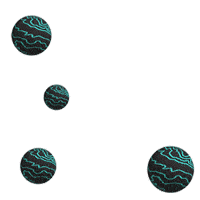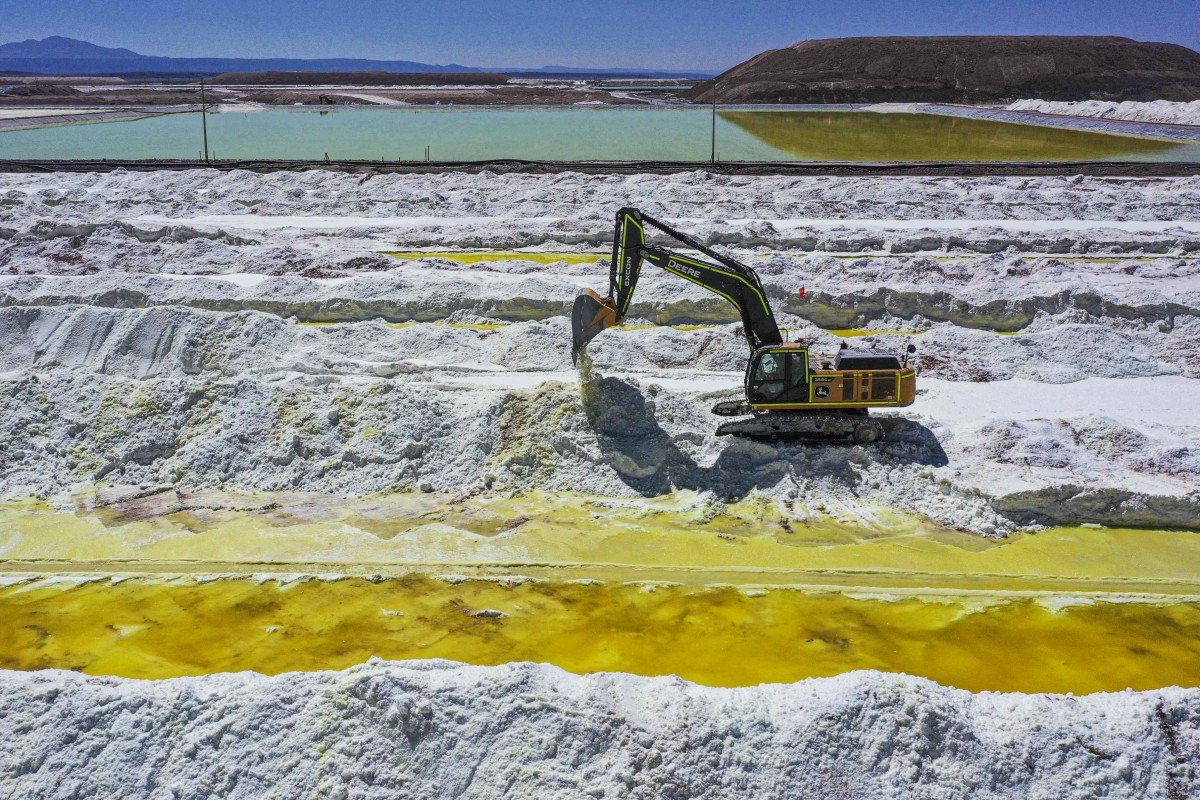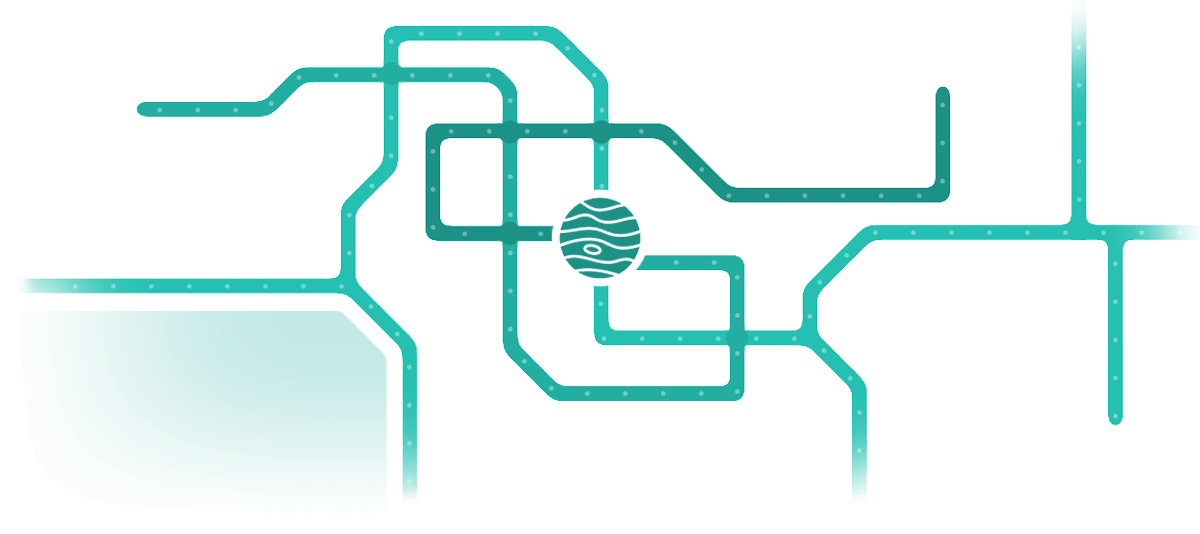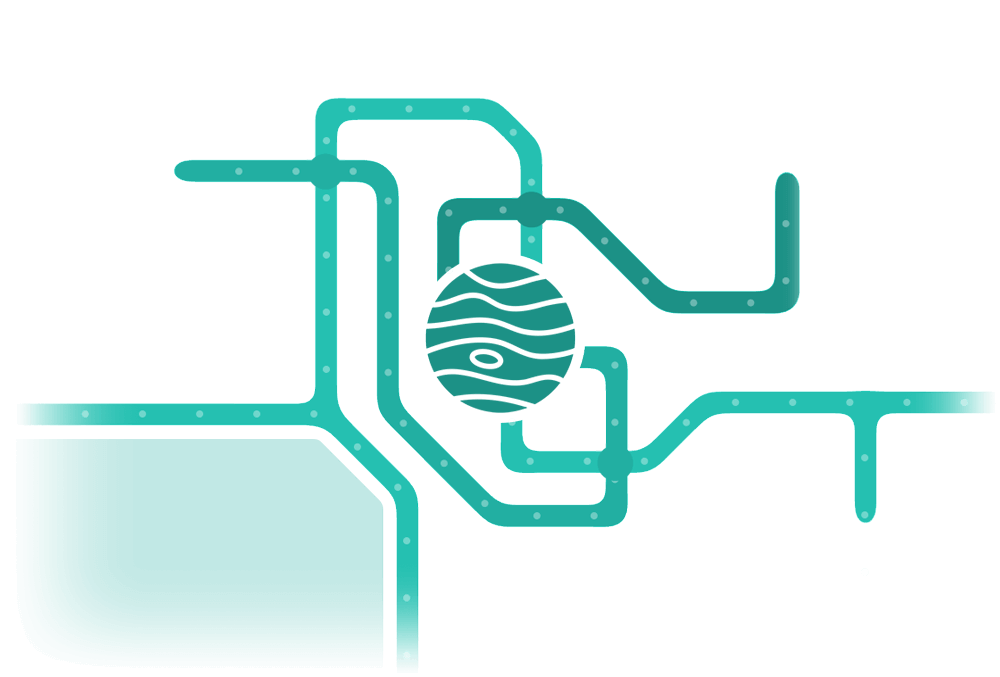Worlds of Lithium is an anthropological study of the replacement of fossil fuel transport with a new fleet of electric vehicles powered by lithium-ion batteries.


The research questions
How does lithium connect, and disruptively transform, the landscapes and societies where lithium is extracted, turned into battery technology, used and potentially recycled?
How do processes of lithium extraction, battery production, and battery recycling relate to each other and what might this mean for energy policy?

The sites for these studies are Chile, the largest lithium producer in the world; China, the world leader in lithium-ion battery production, and Norway, a country with the highest levels of electric vehicle adoption.
Instead of simply following lithium along these sites, as if they formed a global-lineal chain, we will instead explore their interconnection, asking how production in China affects extraction in Chile and use in Norway, or how recycling lithium innovation in Norway will curb demand for lithium in Chile, or re-inform battery production in China.
7th Lithium Dialogues. S.O.S.tanibility and Extractivism in the Atacama desertSeventh Session
6th Lithium Dialogues. S.O.S.tanibility and Extractivism in the Atacama desert Sixth Session
5th Session- Lithium Dialogues. S.O.S.tanibility and Extractivism in the Atacama desert
5to Encuentro - Diálogos de litio: S.O.S.tenibilidad y Extractivismo en el desierto de Atacama
4rd Session- Lithium Dialogues. S.O.S.tanibility and Extractivism in the Atacama desert
3rd Session - Lithium Dialogues. S.O.S.tanibility and Extractivism in the Atacama desert
2nd Session - Lithium Dialogues. S.O.S.tanibility and Extractivism in the Atacama desert
1st Session - Lithium Dialogues: S.O.S.tainability and Extractivism in the Atacama Desert
EASA2022 P022a: Uncommon Explorations between Green Technologies, Climate Hopes, and the Anthropolog
EASA2022 P022b: Uncommon Explorations between Green Technologies, Climate Hopes, and the Anthropolog
Sesión 8 Coloquio de Conflictos territoriales
SESION PRESIDENCIAL:Mundos de Litio: entre potencias, impotencias y nuevas fuerzas políticas
Ciencia Abierta: Salares en peligro de extinción
Pablo Ampuero analiza la civilización ecológica de China y su relación con la industria del litio
Pablo Ampuero reflexiona sobre la industria del litio y la electromovilidad en China
Ecological Reparation: Chilean Streets and Kiltro Politics
SESION PRESIDENCIAL Mundos de Litio entre potencias, impotencias y nuevas fuerzas políticas
Ciencia Abierta: Salares en peligro de extinción








